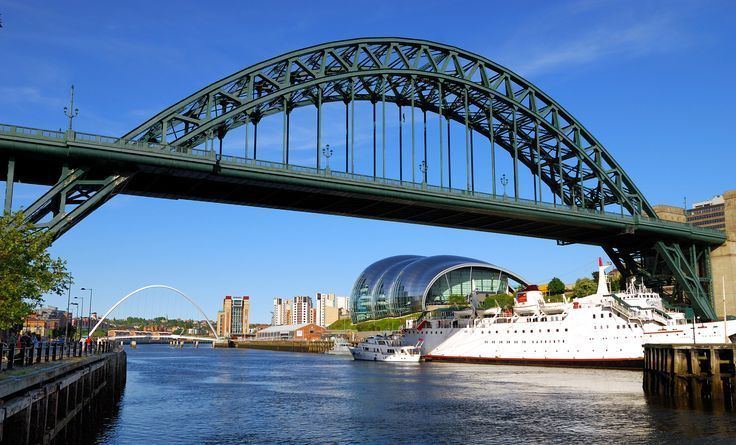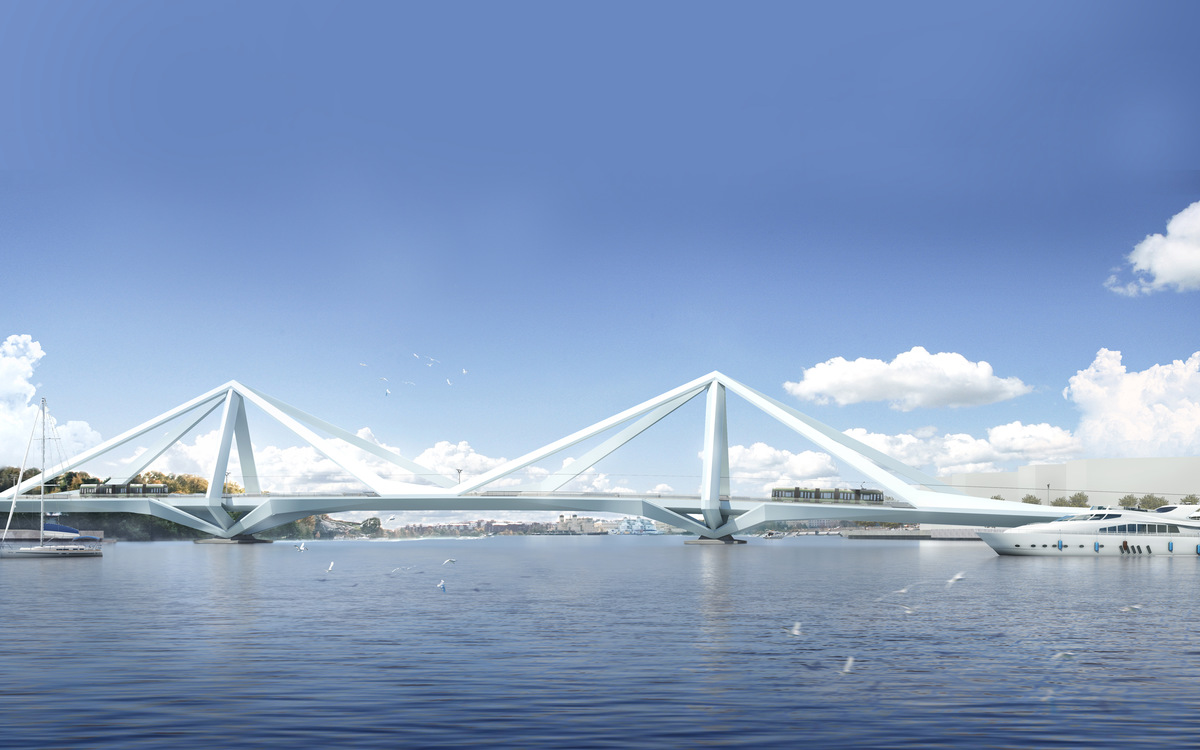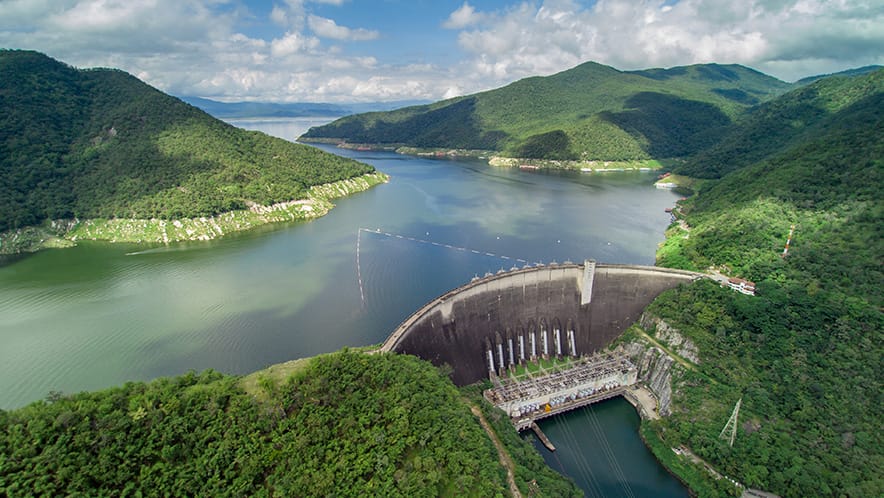Department of Civil Engineering
About
Welcome to the world of Civil Engineering, a field that forms the foundation of modern civilization. Civil engineers are the builders, planners, and problem-solvers who shape our cities, infrastructure, and environment. Through innovation and a deep understanding of science and mathematics, civil engineering transforms dreams into tangible structures.
Vision of Civil Department
To achieve Excellence in Technology, Innovation and Research in ethical way to Lead and Serve the Nation and to be recognized as a premier Civil engineering department in the region. To Prepare students as competent civil engineering professionals dedicated to the progress and development of the humanity and countries.
Mission of Civil Department
M1: To nurture the students into highly skilful and ethical professionals by imparting quality education with social obligations.
M2: To establish collaborative partnerships with academic, research and industrial entities to provide a knowledge base for existing and emerging technologies to enhance the skills innovativeness, management skills and lifelong learning in civil engineering students.
M3: To provide students with the principles and methodologies needed for civil engineering practice and prepare students for leadership roles in Civil Engineering..
PROGRAM OUTCOMES
| PO1 | Engineering Knowledge: Apply Reasoning informed by the contextual knowledge to assess societal, health, safety, legal and cultural issues and the consequent responsibilities relevant to the professional engineering practice |
| PO2 | Problem Analysis: Identify, Formulate, review research literature and analyze complex engineering problems to arrive at substantiated conclusions using first principles of mathematics, natural and engineering sciences. |
| PO3 | Design/Development of Solutions: Design solutions for complex engineering problems and design system components, processes to meet the specifications with consideration for the public health and safety, and the cultural, societal, and environmental considerations. |
| PO4 | Conduct Investigations of Complex Problems: Use research-based knowledge including design of experiments, analysis and interpretation of data, and synthesis of the information to provide valid conclusions. |
| PO5 | Modern Tool Usage: Create, select, and apply appropriate techniques, resources, and modern engineering and IT tools including prediction and modelling to complex engineering activities with an understanding of the limitations. |
| PO6 | The Engineer and Society: Apply Reasoning informed by the contextual knowledge to assess societal, health, safety, legal and cultural issues and the consequent responsibilities relevant to the professional engineering practice |
| PO7 | Environment and Sustainability: Understand the impact of the professional engineering solutions in societal and environmental contexts, and demonstrate the knowledge of, and need for sustainable development |
| PO8 | Ethics: Apply Ethical Principles and commit to professional ethics and responsibilities and norms of the engineering practice |
| PO9 | Individual and Team Work: Function effectively as an individual and as a member or leader in teams and in multidisciplinary Settings |
| PO10 | Communication: Communicate effectively with the engineering community and with society at large. Be able to comprehend and write effective reports documentation. Make effective presentations, and give and receive clear instructions. |
| PO11 | Project Management and Finance: Demonstrate knowledge and understanding of engineering and management principles and Apply these to one’s own work, as a member and leader in a team. Manage projects in multidisciplinary environments. |
| PO12 | Life-Long Learning: Recognize the need for, and have the preparation and ability to engage in independent and life-long learning in the broadest context of technological change. |
Program Educational Objectives
PEO1: Graduates of the programme will be professionally competent and apply the fundamental concepts of mathematics, science and Civil Engineering to solve problems in Civil Engineering.
PEO2: Graduates of the programme will perform their responsibilities as professional Civil Engineers with quality and ethics.
PEO3: Graduates of the programme will innovate and provide global solutions for a sustainable built environment.
PEO4: Graduates of the programme will contribute to the development of sustainable Infrastructure for the betterment of society.
Program Specific Outcomes
PSO-1: Capably design and build civil engineering-based systems in the context of environmental, economical, and societal requirements and serve the community as ethical and responsible professionals.
PSO-2:Be Able to use knowledge in various domains to identify research gaps and hence to provide solution to new ideas and innovations and engage in lifelong learning for professional growth.





